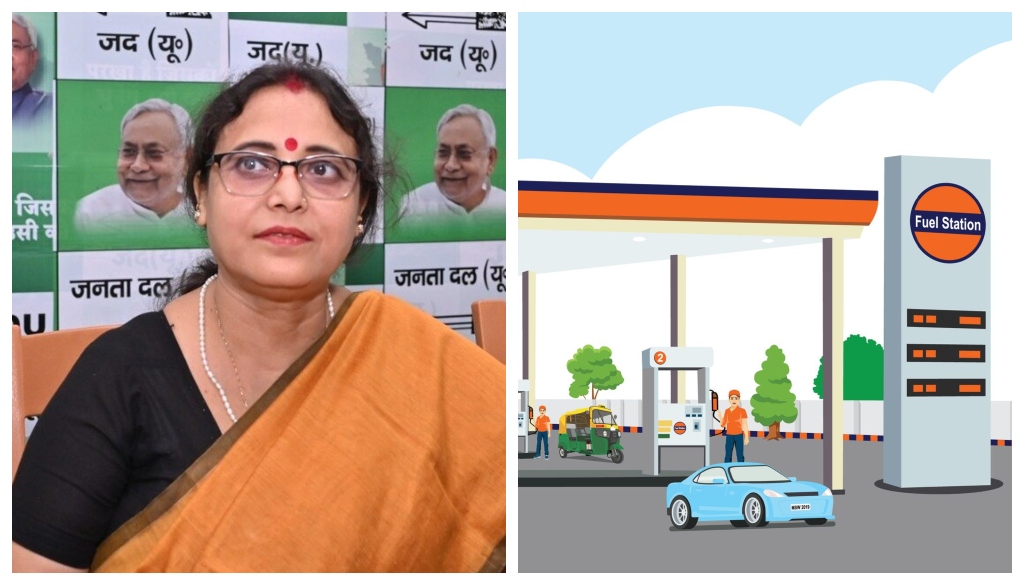
Patna: Petrol pumps across Bihar could face licence suspension if they fail to provide and maintain essential public facilities, the state’s Transport Department has warned in a directive aimed at enhancing passenger convenience and hygiene.
According to the updated guidelines, all petrol pumps must maintain clean and separate toilets for men and women—featuring both Indian and Western-style commodes—along with urinals of specified dimensions. At least one staff member must be deputed to ensure round-the-clock cleaning and upkeep of these amenities.
The directive, issued under Rule 2(E) of the Bihar Motor Spirit and High Speed Diesel Oil Dealer Licensing Order, 1966, also makes it mandatory for pump operators to provide clean drinking water, first aid kits, tyre air refilling points, fuel quality checks, and basic customer services. Only those complying with these requirements will be eligible for licence renewal, while defaulters risk immediate suspension.
Transport Minister Sheela Kumari emphasised the importance of these measures, particularly for women, children and the elderly. “Safe, clean, and well-lit toilets are a basic necessity during long journeys. A Western-style toilet, in particular, offers greater comfort to elderly or unwell travellers,” she said.
She added that petrol pumps are often the only accessible pit stop on highways, making them critical nodes for passenger well-being. The department will soon initiate inspections to verify compliance and take strict action against violations.
National norms already mandate the provision of free emergency services, clean restrooms, safe drinking water and fuel testing facilities at petrol pumps. However, enforcement has been uneven, prompting Bihar to take a tougher regulatory stance.





